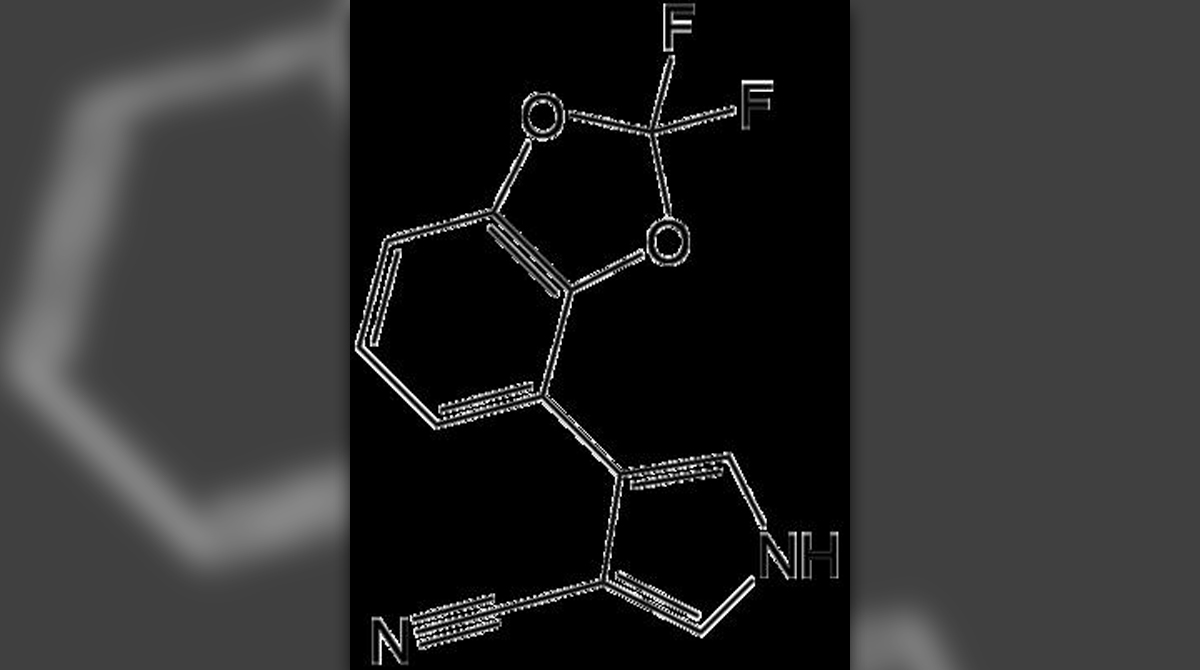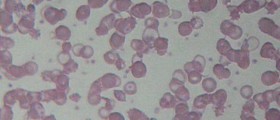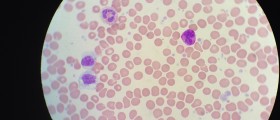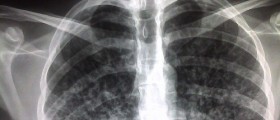
Flucytosine (Ancobon) is a synthetic antimycotic drug, with the structure similar to cytostatic medications fluorouracil and floxuridine. It works against fungal infections by conversion into the mentioned fluorouracil and other metabolites in the body, thus interfering with RNA synthesis and building of proteins. Another known mechanism of action includes conversion of flucytosine to 5-fluoro-deoxy-uridine-monophosphate, substance which affects synthesis of DNA in the fungi.
What is Flucytosine Used for?
This drug is proven to work against some strains of Cryptococcus neoformans and Candida, while there is a possibility to be beneficial against Exophila, Aspergilus, Cladosporium, Phialophora and Aporotrix fungi as well. Out of all mentioned fungi, Candida infections are seen to be most resistant, because 1 to almost 50% of all treated patients may be resistant to flucytosine treatment.
Because of the susceptibility, flucytosine can be used to treat some strains of Cryptococcus and Candida or some cases of chromomycosis. Candidal cystitis can be treated with flucytosine alone, but serious medical problems should not be. In general, treatments include the combination of flucytosine and fluconazole or itraconazole or flucytosine and amphotericin B. Life threatening conditions can also be treated with intravenous (IV) flucytosine infusions in some cases.
Flucytosine Has Adverse Effects
There are several side effects associated with the use of this anti-fungal medication. People using flucytosine may develop different problems with the kidneys, liver, as well as with the gastrointestinal (GI) tract and bone marrow. Patients may suffer from increased BUN and serum creatinine, crystalluria or acute renal failure, due to the use of this drug. Some may also experience elevated liver enzymes and bilirubin, liver dysfunction, jaundice or rarely liver necrosis or even lethal consequences. Flucytosine is also reported to have an anti-proliferative effect on gastrointestinal tissue and bone marrow, provoking depression of bone marrow, different blood problems and GI toxicity.
Flucytosine is also known to affect the central nervous system (the brain) and lead to skin reactions or even provoke anaphylaxis in certain patients.Who Should be Careful with This Drug?
Flucytosine should be used only in patients older than 18 years of age, since there is not safety or efficiency determined in children. According to the studies on animals, this drug is teratogenic and therefore may be carcinogenic for humans too. It should not be given to pregnant women unless the benefits exceed the risks for the unborn child. Women are also advised not to breastfeed while taking this medication, because it could be harmful for the baby.
Patients with liver or kidney problems and bone marrow impairment should be treated carefully and be monitored during the treatment. Those allergic to flucytosine should not use this drug, as well as people already treated with brivudine.

















Your thoughts on this
Loading...